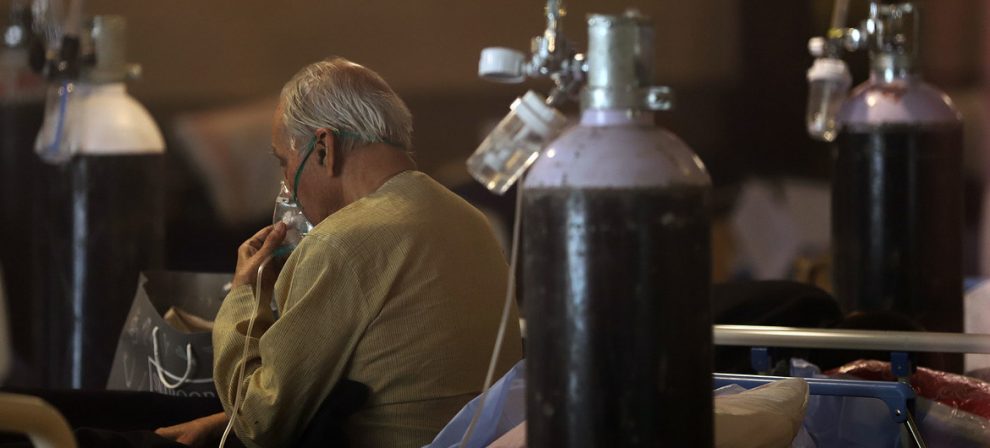UN health agency chief Tedros Adhanom Ghebreyesus urged all countries on Monday to support a pandemic preparedness treaty, warning that it would be a “monumental error” to think the danger of COVID-19 has passed.
In closing comments to the WHO’s annual week-long high-level assembly, Tedros said that a potential international treaty will be discussed in a special session of WHO members in November.
Although COVID cases and deaths are declining globally, Tedros insisted that the “way out” was through “tailored and consistent” public health measures in combination with equitable vaccination.
Vaccination call
The WHO Director-General urged all Member States to commit to vaccinating at least 10 percent of the global population by the end of September and at least 30 percent by the end of the year.
“One day – hopefully soon – the pandemic will be behind us, but the psychological scars will remain for those who have lost loved ones, health workers who have been stretched beyond breaking point, and the millions of people of all ages confronted with months of loneliness and isolation”, he underscored.
Tedros stressed that the UN agency needed greater funding for the technical support and guidance that the agency provided to countries.
“The training of health workers, the critical supplies, the surge deployments and much more…It all has to be funded. We cannot pay people with praise”, he said.
Accountability
Member States “can only truly keep their own people safe if they are accountable to each other at the global level”, Tedros maintained, adding that the pandemic had been characterized by the “lack of sharing” of “data, information, pathogens, technologies and resources”.
He insisted that a pandemic treaty would improve early warning on potential global health threats, promote stockpiling and production of pandemic supplies, allow for equitable access to vaccines, tests and treatments and provide an emergency workforce to handle emergencies.
A treaty owned by Member States
“An international agreement of any kind must be designed and owned by all Member States,” said Tedros. “It must be truly representative and inclusive.
It must be thorough and carefully considered, but it must also be urgent. We don’t have time.”
Globally, as of 30 May 2021, there have been 169,597,415 confirmed cases of COVID-19 reported to WHO, including 3,530,582 deaths. As of 27 May 2021, a total of 1,546,316,352 vaccine doses have been administered.
In the past week, the global leaders in the World Health Assembly adopted more than 30 resolutions and decisions on diabetes, disabilities, ending violence against children, eye care, HIV, hepatitis and sexually transmitted infections, local production of medicines, malaria, neglected tropical diseases, non-communicable diseases, nursing and midwifery, oral health, social determinants of health and strategic directions for the health and care workforce.
New labels for SARS-CoV-2 Variants
The World Health Organization also announced that it has assigned new simple labels for key variants of SARS-CoV-2, the virus that causes COVID-19, using letters of the Greek alphabet.
For example, the B.1.1.7 variant of concern initially identified in the United Kingdom, will be labeled now as “Alpha”. The one identified in South Africa will be “Beta”.
The labels were chosen after wide consultation and a review of many potential naming systems. WHO convened an expert group of partners from around the world to do so, including experts who are part of existing naming systems, nomenclature and virus taxonomic experts, researchers and national authorities.
In a statement published this Monday, the UN healthy agency explained that the new Greek alphabet names won’t replace the variants existing scientific names, which convey important scientific information and will continue to be used in research.
“While they have their advantages, these scientific names can be difficult to say and recall, and are prone to misreporting. As a result, people often resort to calling variants by the places where they are detected, which is stigmatizing and discriminatory. To avoid this and to simplify public communications, WHO encourages national authorities, media outlets and others to adopt these new labels”, the agency urged.





















Add Comment